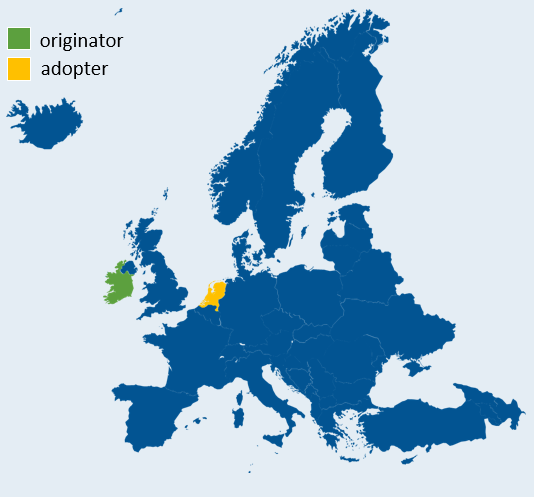Near half of the people with metastatic cancer have malignant pleural effusion (MPE). It leads to fluid accumulation in the chest cavity, causing significant shortness of breath and chest pain in patients undergoing palliative…
Twinning solution
Twinning type
Main policy priority
Originator
Adopter(s)
Short description
Malignant pleural effusion (MPE) occurs in up to 15% of people with any cancer and MPE patients generally have a predicted survival of 3-12 months. Their symptoms are managed through palliative care with the goal to relieve their breathlessness, limit the time they spend in hospital and support a good quality of life during their end-of-life stage. This twinning aims to design a digital tool to support patients with advanced cancer who experience MPE to manage their symptoms independently and improve their quality of life, and to facilitate healthcare professionals to monitor patients’ symptoms remotely. The originator, NUIG, and Adopter institutes, in The Netherlands, NKI/AVL and Deventer, will conduct a knowledge-exchange twinning to establish the requirements for an optimum digital tool in this area. In 2018, 23.9% of all cancer diagnoses in The Netherlands were due to breast and lung cancer, which are the two most common causes of MPE. As healthcare services and treatments continue to improve, more people with cancer will be living for longer and will require palliative care to manage their symptoms. Research has shown that the requirement for palliative care in over 85-year olds could double by 2040.
